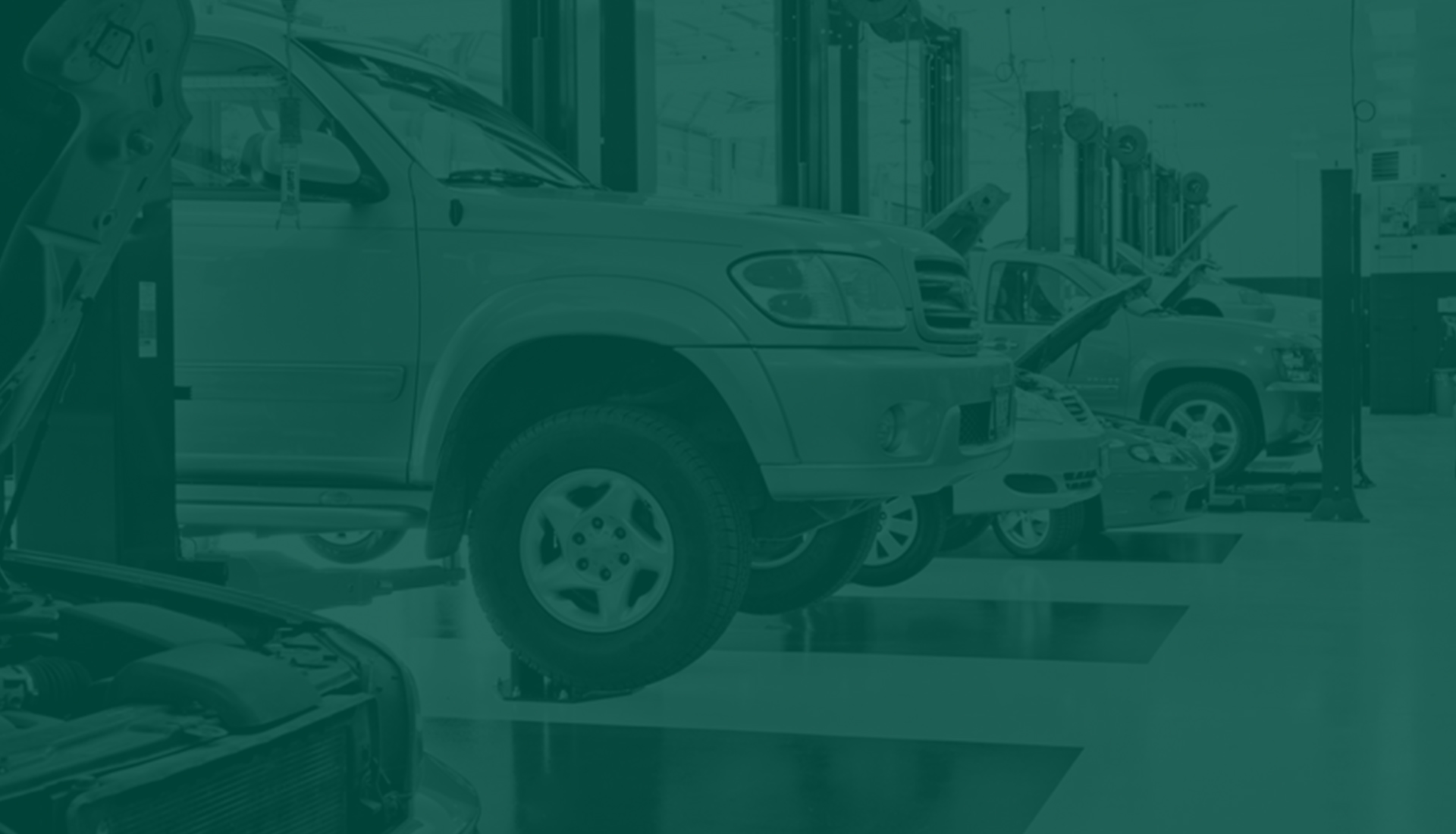
Operating and Maintaining your Anti-Lock Brakes
Anti-lock brakes, also known as ABS, are a great safety feature available in almost all modern consumer automobiles. They work to enhance traction and stopping distances on dry and wet roads by halting complete lock up of the wheels. If you do get locked wheels, your vehicle can skid or even spin, leaving you helpless.
These automatic brake systems were developed about 50 years ago for planes and racing. By the 1980s, they were publicaly available in passenger cars, trucks and motorcycles. They are mandatory on buses and trucks.
ABS Behind the Wheel
On original brakes, pressing on the brake pedal prevented the wheels completely, no matter what the conditions are like. With newer brakes and stability your wheels won’t get locked when you brake fast. You could feel the pedal pulsing, however, as the automobile tries to come to a stop.
Anti-lock brakes have to do with pressure released to the brake cylinder, and usually only work at high speeds. When it is on, an amber-colored light should illuminate in your dashboard.
Do’s and Dont’s of Anti-lock Brakes
- Try not to turn your steering wheel abruptly during a fast braking situation. For non-ABS cars, this could have prevented collisions. But with modern brake systems, steer carefully in the direction you want to go in any emergency situation.
- Be deliberate on snow, gravel and sand. These brakes are great for slippery surfaces, but it can increase braking distance and reduce effectiveness in these situations.
- Don’t start taking risks. While you have a lower chance of crashing, it’s not fail-safe. Your caution and concentration are vital.
- Don’t pump your brakes when in an emergency stop. Just let the system handle it. In fact, never pump your ABS brakes unless you’re performing a system flush.
ABS Maintenance
First things first, make sure you are informed about your vehicle. Go over the owner’s manual and look for the amber light on your dashboard.
If your ABS light is on at any time other than a hard brake, it probably needs repairs. You can check:
- Fuses
- Brake system cleanliness
- Brake lining
- Brake fluid level
If that doesn’t get the light to go off or if you see another problem, you will likely need to appeal to technology and may need a brake system flush. You could also want to check your sensors, and check resistance values and voltage.
Get in Touch
At Christian Brothers, we have the best diagnostic equipment, and we update our specs often. Contact our experienced technicians by calling the office or navigate to using the map on the left hand side of this page.

[1].jpg)
[2].jpg)
sunwash-tech-with-customer.png)



